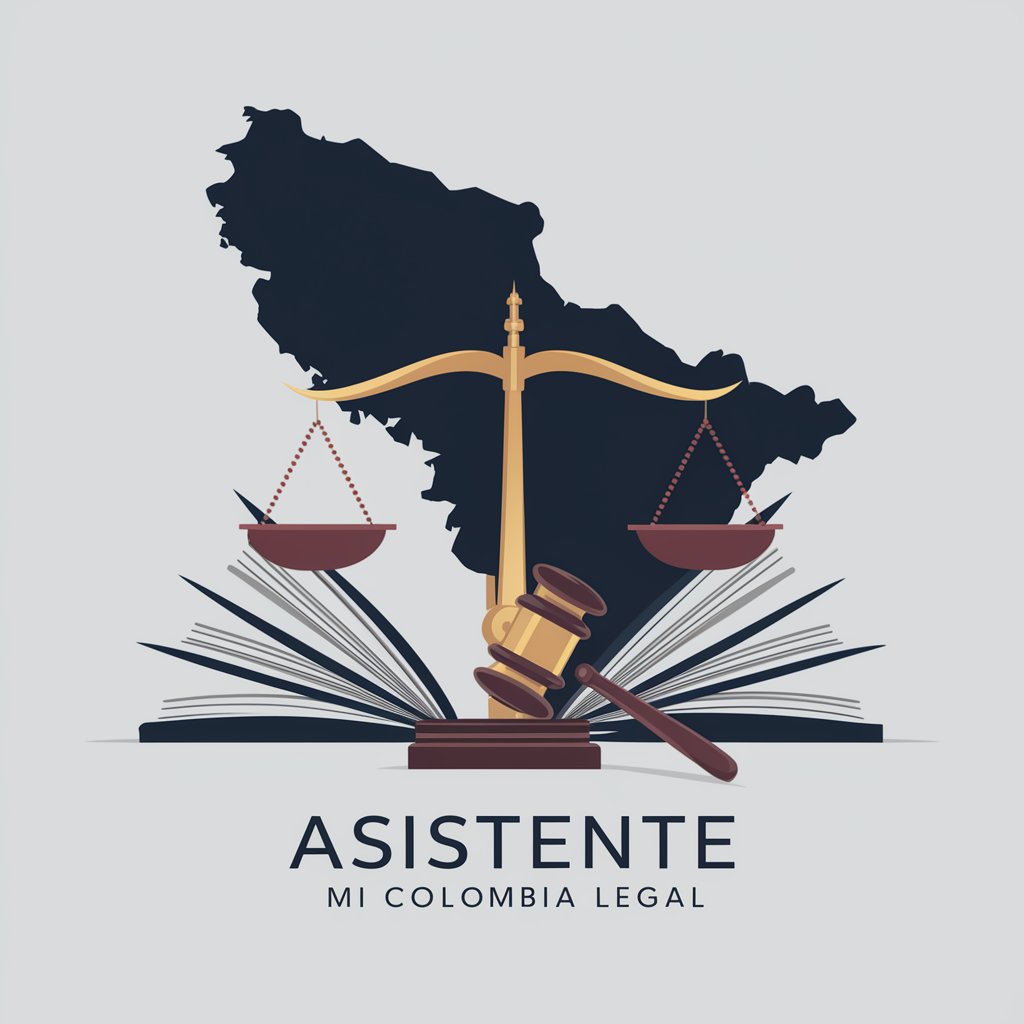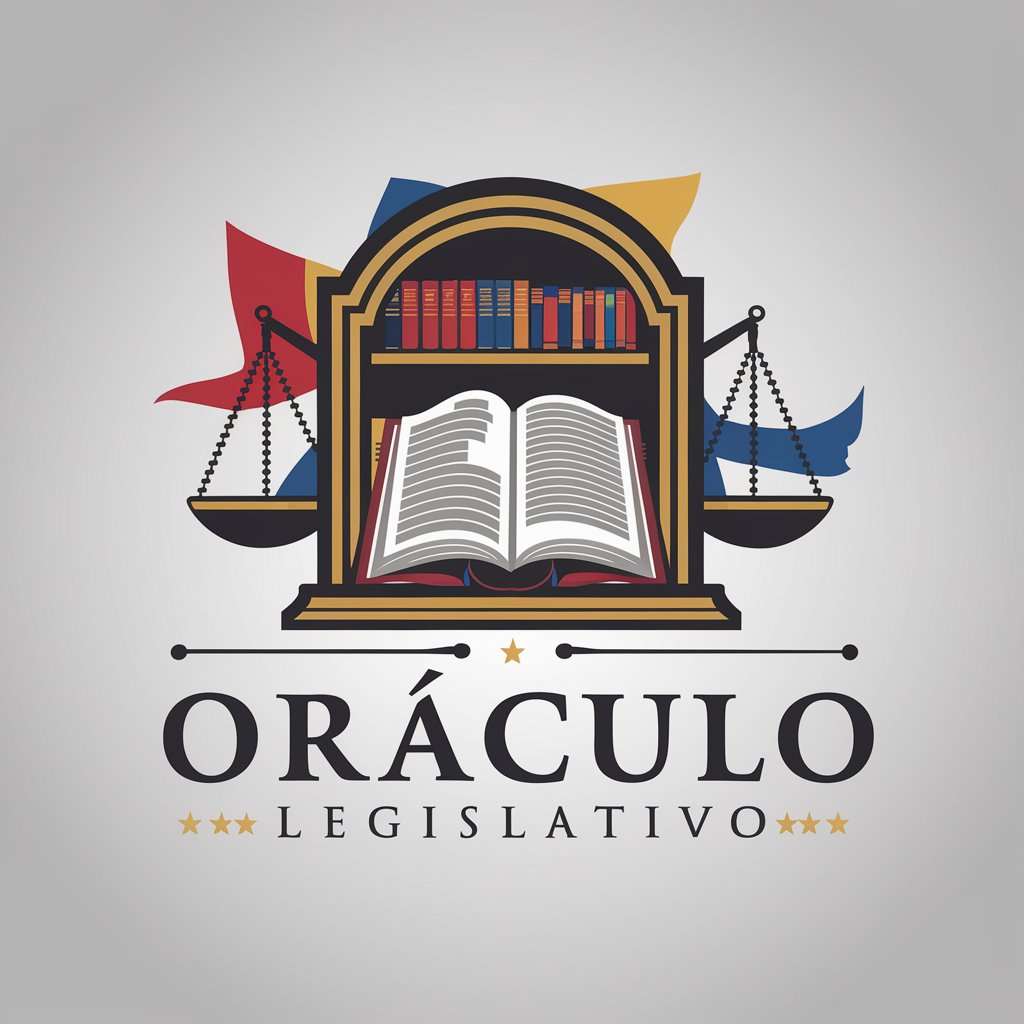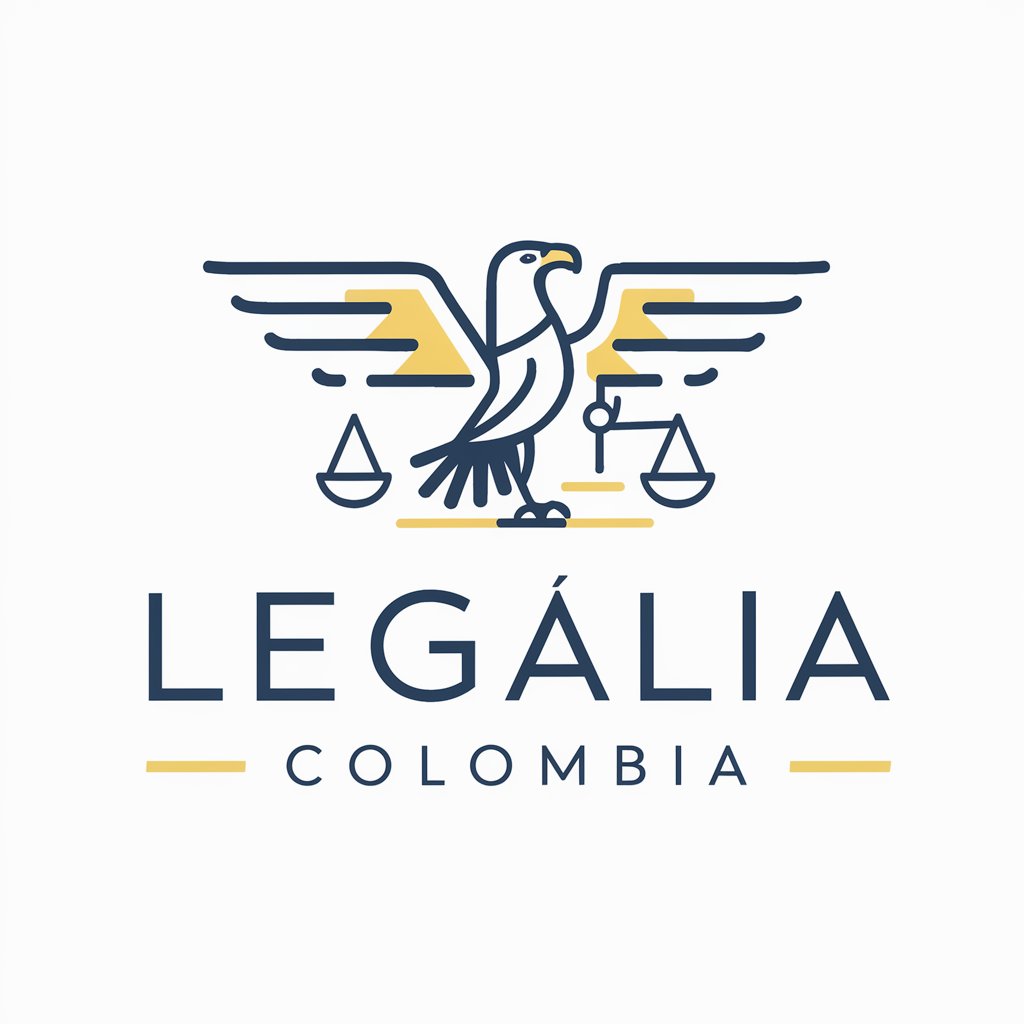
Ley 80 de 1993 - Expert Guide to Public Contracting

Hello, I'm here to help you understand Colombia's Law 80 of 1993.
Empowering Compliance with AI-driven Insights
Can you explain the key principles of Law 80 of 1993?
How does Law 80 of 1993 impact public procurement processes?
What are the main responsibilities of contracting entities under Law 80 of 1993?
Can you provide an overview of the sanctions outlined in Law 80 of 1993?
Get Embed Code
Overview of Ley 80 de 1993
Ley 80 de 1993, officially known as the General Statute of Contracting of the Public Administration, is the cornerstone legal framework for public procurement in Colombia. Established to ensure transparency, equity, and efficiency in the contracting processes of public entities, it outlines the procedures, principles, and legal boundaries for public procurement. For example, it specifies how entities must conduct tender processes, the criteria for awarding contracts, and mechanisms for resolving disputes. An illustrative scenario would be a local municipality issuing a tender for road construction, where the law mandates open competition and transparent bidding procedures to select the most advantageous offer. Powered by ChatGPT-4o。

Key Functions of Ley 80 de 1993
Ensure Transparency
Example
Public disclosure of all procurement documents and processes.
Scenario
In a scenario where a government agency is procuring medical supplies, Ley 80 mandates that all bid documents and the selection process must be publicly accessible to ensure fairness and transparency, allowing for public scrutiny and confidence in the procurement process.
Promote Competition
Example
Mandating open bidding for most public contracts.
Scenario
Consider a case where a city government is contracting for a new public library system. Ley 80 requires an open bidding process where any qualified company can submit a proposal, ensuring that the government receives the best possible terms through competitive offers.
Regulate Contract Execution
Example
Setting standards for contract fulfillment and modification.
Scenario
For instance, if a state enterprise modifies a contract for the construction of a public school, Ley 80 provides the legal framework to ensure these modifications are justified, documented, and made transparent, protecting the public interest and ensuring adherence to initial contract terms.
Target User Groups of Ley 80 de 1993
Government Entities
All levels of government including municipalities, departments, and national agencies, which procure goods and services or execute works. They benefit from Ley 80 by having a standardized, legal framework that simplifies the procurement process and helps avoid legal pitfalls.
Contractors and Suppliers
Businesses and individuals aiming to participate in public tenders. Ley 80 offers them a transparent and predictable process, ensuring that all bidders are treated fairly and equitably, enhancing their chances of securing public contracts without bias.
Civil Society and Watchdog Organizations
These groups use Ley 80 to monitor public procurement processes, ensuring compliance with the law and advocating for accountability and integrity in public spending. Their involvement helps to ensure that public procurement serves the best interests of the community.

How to Use Ley 80 de 1993
Initial Step
Visit yeschat.ai for a free trial without login, also no need for ChatGPT Plus.
Understand the Law
Review the full text of Ley 80 de 1993 to understand its scope and regulations concerning public contracting in Colombia.
Identify Needs
Determine the specific requirements of your contracting process and how they align with the provisions of the law.
Prepare Documentation
Gather and prepare all necessary documentation as required under the law, including tender documents, procurement plans, and compliance certificates.
Engage with Authorities
Consult with legal experts or regulatory authorities to ensure all aspects of your contracting process are compliant with Ley 80 de 1993.
Try other advanced and practical GPTs
Asesor de Análisis Organizacional
Empowering Teams with AI-driven Insights

Global Finance Advisor
Empowering financial decisions with AI

Générateur de prompt MJ
Craft Your Creativity with AI

Knowledge Navigator
Empower your learning with AI

Ingeniero Sabio Doctoral
Revolutionizing Engineering with AI

Baggage Buddy
Pack Smart with AI

Mon expert comptable
Streamlining French accounting with AI precision

Traducteur Français-Anglais
Bridging Languages with AI Precision

Project Management Pro
AI-driven Project Success

Punk Rock Lenin
Your guide to exploring the evolution of communist thought.

Venn News
Uncover the Truth, Unbiased and Clear

Benin Travel Guide
Your AI-Powered Guide to Benin

Q&A on Ley 80 de 1993
What is the main purpose of Ley 80 de 1993?
Ley 80 de 1993 establishes the legal framework for public contracting in Colombia, aiming to ensure transparency, efficiency, and legal compliance in government contracts.
Who must comply with Ley 80 de 1993?
All public entities and contractors engaging in public contracts within Colombia must comply with the regulations and procedures outlined in Ley 80 de 1993.
How does Ley 80 de 1993 handle procurement processes?
The law stipulates various procurement methods, including public bidding, direct contracting, and reverse auctioning, each with specific conditions and procedures.
What are the penalties for non-compliance with Ley 80 de 1993?
Non-compliance can lead to sanctions ranging from fines and suspension of rights to participate in public contracts to criminal charges in cases of fraud or corruption.
How does Ley 80 de 1993 promote fair competition?
The law includes measures to prevent conflicts of interest, enforce bidding requirements, and ensure open and fair competition among potential contractors.





